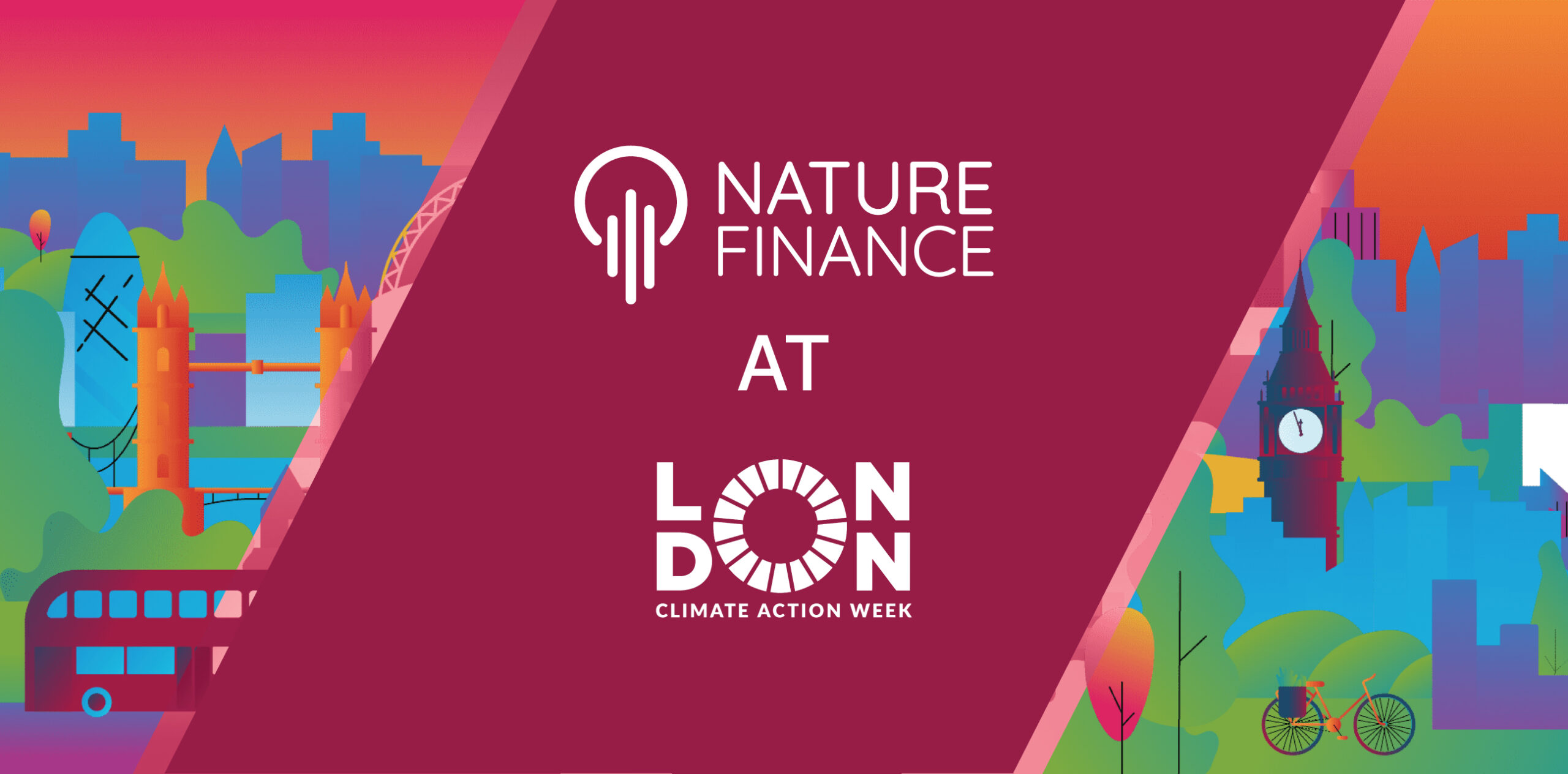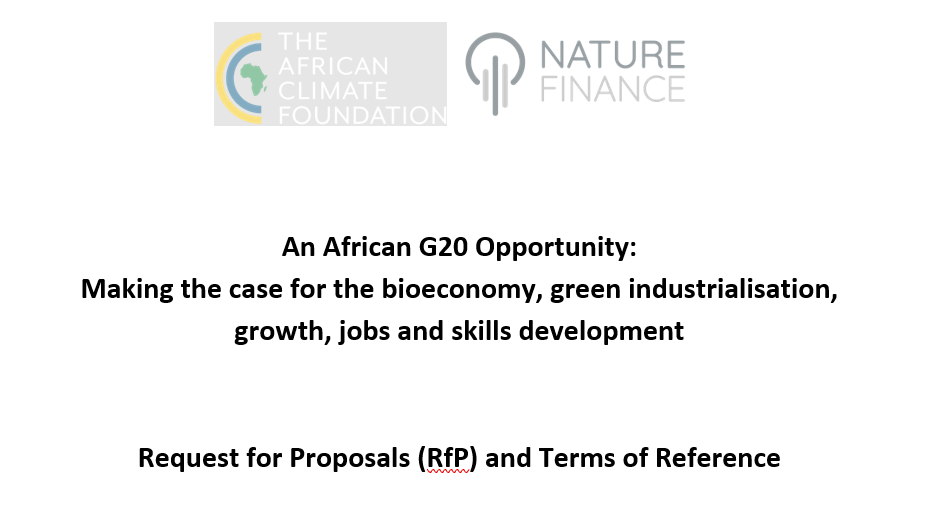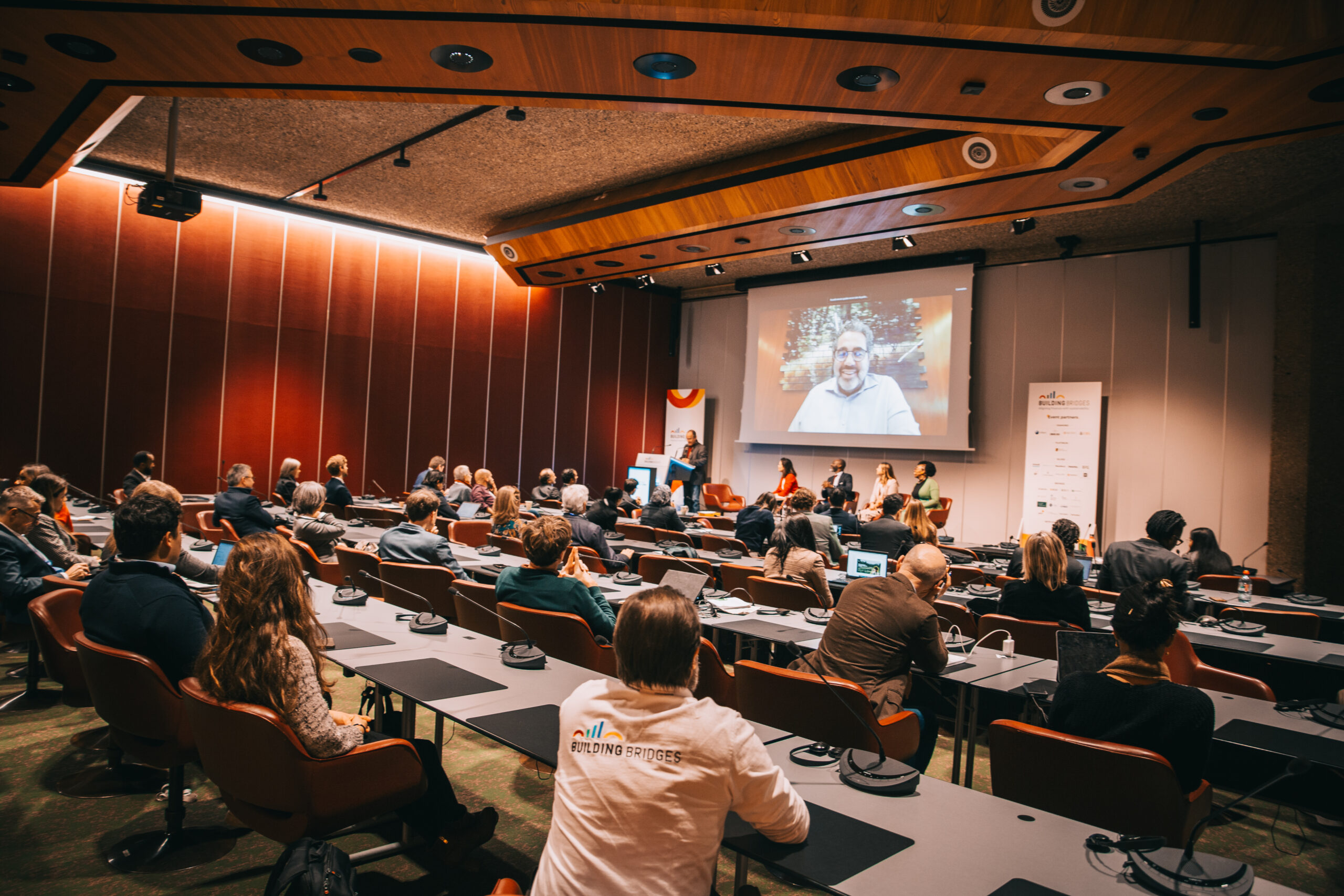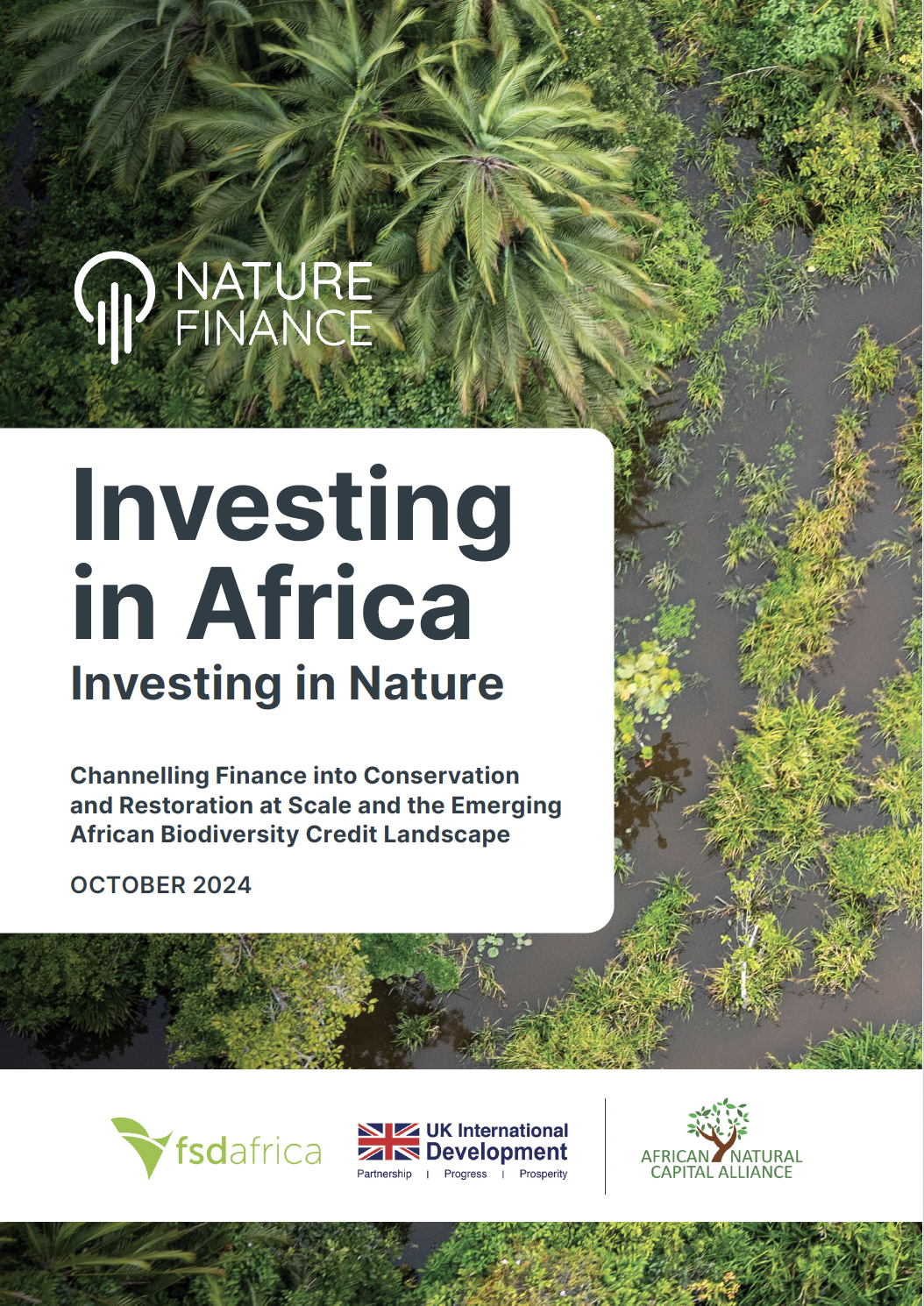*First run in Portuguese on 31st May at O Globo
Gustavo Martins, Lucca Rizzo, Sofia Carra*
The photographer Sebastião Salgado offered us his sensitive perspective on the forest and its people, through a body of work that reminds us that nature, biodiversity and humanity are inseparable. He, an economist by training, managed to translate complex scientific concepts into images, such as flying rivers, and reveal the ancestral, ecosystem and social values of forests.
Although these insights form a significant part of the economist-photographer’s work, forests and their benefits remain largely invisible to the global economy, accounted for almost exclusively through their timber potential. Economic, financial, and public policy models often overlook how much a forest returns in terms of water, air, carbon capture, jobs, food, public health, development, and inflation reduction.
It is not for lack of economists, studies or data that these variables are not considered. Research shows that forests generate trillions of dollars in ecosystem services and sustain one billion people in the world. However, persistent financial and regulatory barriers continue to hinder the expansion of the forest-based economy, as exemplified by the current funding gap. Of the $460 billion annually needed for global forest conservation and restoration, less than $30 billion has actually been disbursed.
International forums are essential to generate greater engagement from different countries and to initiate the modernisation of the understanding of how to develop metrics and instruments that can economically promote the forest conservation and sustainable use. Brazil, in this regard, has played a leading role by proposing innovative agendas and measures that integrate forest assets into mainstream economic discussions.
As set out in the recently released study Forest-Related Outcomes from Brazil’s G20 Presidency, produced by NatureFinance with the support of the Institute for Climate and Society (iCS), under the Brazilian presidency in 2024, the G20 reached significant consensus on the importance of unlocking financial and insurance instruments to enable the sustainable use of forests.
The pioneering G20 Bioeconomy Initiative (GIB) brought the bioeconomy into a multilateral agreement for the first time, with principles that highlight how this set of activities is fundamental to fostering sustainable economic growth for G20 countries. At the G20 Summit, heads of state committed to mobilising more finance for forests and underline the relevance of initiatives such as the Tropical Forests Forever Fund (TFFF), an ambitious mechanism proposed by Brazil that aims to raise US$ 125 billion to remunerate developing countries for every hectare of conserved tropical forest.
These achievements, however, face a challenging context: sovereign debt crises in developing countries and weakened environmental agendas. Meanwhile, as conflicts intensify, part of the resources of developed countries, once allocated to tackling climate change, have been redirected to military spending, undermining multilateralism.
Shifting the economic paradigm around forests seeks not only to combat climate change and preserve ecosystem services, but also to create a strategic opportunity for countries with significant forest assets. These diplomatic advances reflect that potential, although it remains essential to domestically solidify the understanding that their climate benefits must be translated and incorporated into public budgets, accounting systems, and investment theses.
As Brazil prepares for the BRICS Summit and COP30, it will bring the focus on the domestic implementation of international climate commitments, and this is a timely moment to call for a new development model that places forests and the bioeconomy at the core of climate and economic solutions. Brazil’s forest agenda holds indisputable global influence and should be leveraged across the board, not only for emissions removal, but also to accelerate the energy transition, technological innovation and the low-carbon economy.
*Gustavo Martins is an economist and senior associate at NatureFinance, Lucca Rizzo is a lawyer and senior specialist in Climate Finance at the Institute for Climate & Society, Sofia Carra is an environmental engineer, PhD in agricultural sciences and consultant.








